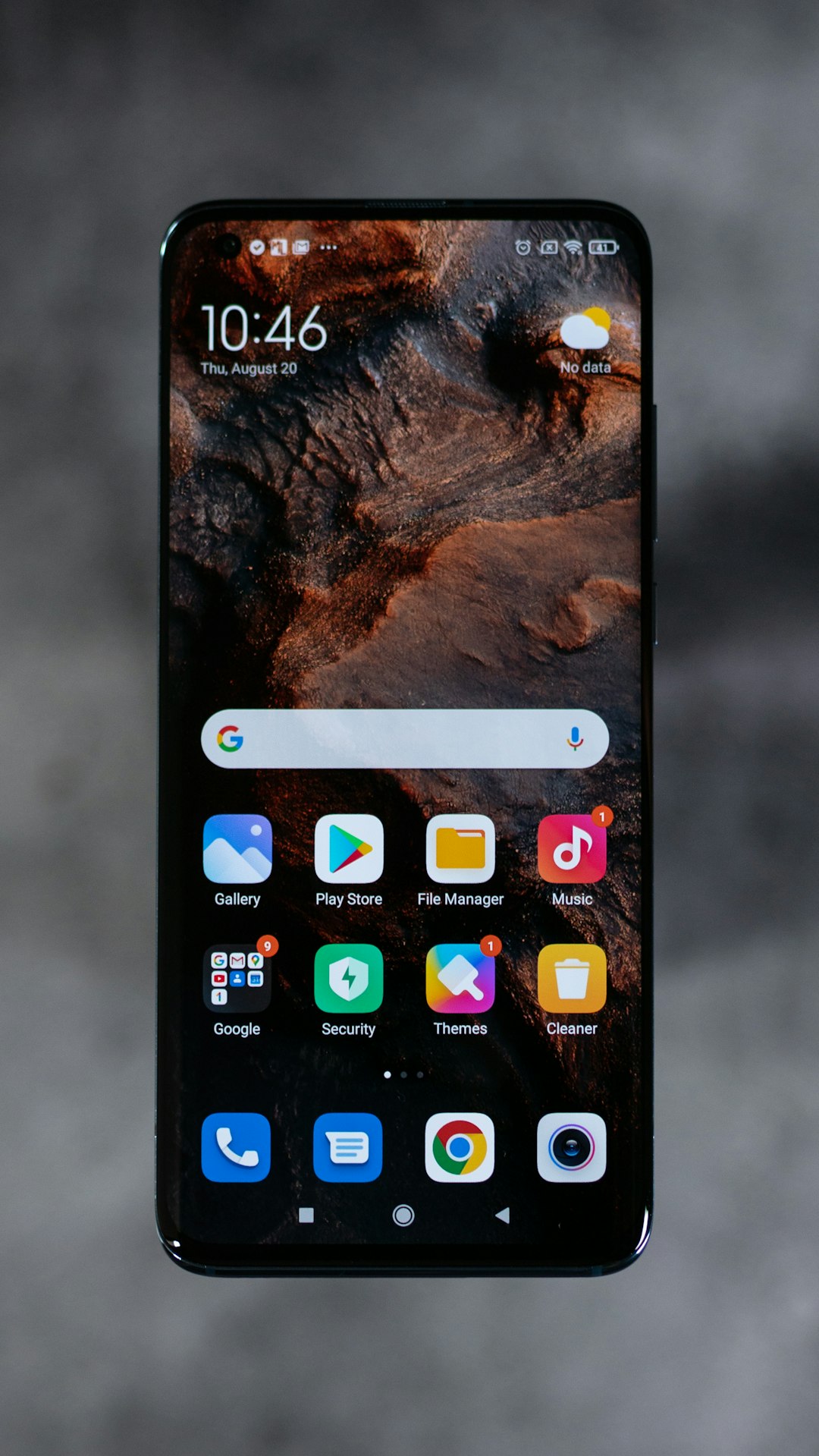The Telephone Consumer Protection Act (TCPA) and state-level regulations, notably in Minnesota, govern do-not-call laws, empowering consumers to stop unwanted marketing calls. The National Do Not Call Registry, strict state rules, and federal enforcement through bodies like the FCC carry significant fines for non-compliance. Individuals experiencing robocall harassment should consult a lawyer for Do Not Call Laws Minnesota to understand their rights, exercise them effectively, and explore legal remedies against offenders.
“In today’s digital age, robocalls have become a ubiquitous yet often unwanted part of our daily lives. This article delves into the intricate web of legal protections surrounding these automated calls, exploring both federal and state regulations designed to safeguard consumers from intrusive marketing practices. We’ll dissect Do Not Call Laws from a federal perspective, analyze Minnesota’s specific approach, and uncover the consequences of violating these rules. Additionally, we provide guidance on navigating robocalls, empowering readers with rights, remedies, and resources, including advice from a lawyer specializing in Minnesota’s Do Not Call Laws.”
Understanding Do Not Call Laws: A Federal Perspective

Understanding Do Not Call Laws: A Federal Perspective
In the United States, the Telephone Consumer Protection Act (TCPA) serves as the backbone of do-not-call regulations at the federal level. This law gives consumers the right to stop unsolicited phone marketing calls from businesses. If you’re wondering about a lawyer for Do Not Call Laws Minnesota, it’s essential to know that such legal expertise can guide you through the intricacies of these laws and help protect your rights as a consumer. The TCPA restricts automated or prerecorded calls to cellular phones and requires companies to obtain explicit consent before placing marketing calls to residential telephone lines.
One key aspect is the National Do Not Call Registry, where consumers can register their phone numbers to opt-out of most telemarketing calls. Failure to comply with these federal rules can result in significant fines for businesses. Moreover, individual states have their own do-not-call laws, which often offer even more robust protections for residents, especially regarding political and charitable calls. Understanding both federal and state regulations is crucial when navigating issues related to unwanted robocalls.
State-Specific Regulations: Minnesota's Approach

In addition to federal Do Not Call laws, each state has its own regulations that further restrict robocalls, especially those deemed as telemarketing or sales calls. Minnesota takes a stringent approach to protecting residents from unwanted phone solicitations. The Minnesota Attorney General’s Office actively enforces the state’s Do Not Call Laws, which are some of the toughest in the nation. These laws not only require clear and concise opt-out mechanisms but also mandate specific procedures for call tracking and consumer consent verification.
Minnesota specifically prohibits robocalls made to numbers on the National Do Not Call Registry unless the caller has obtained prior express written consent from the recipient. Legal experts, such as a lawyer specializing in Do Not Call Laws Minnesota, emphasize the importance of compliance with these stringent rules to avoid substantial fines and penalties. The state’s approach reflects its commitment to safeguarding consumer privacy and providing residents with control over their phone communications.
Enforcement and Penalties: What Happens if You Violate These Rules?

Enforcement and penalties for violating robocall restrictions vary across federal and state laws, but violations can result in significant consequences. The Federal Communications Commission (FCC) and state attorneys general’s offices are responsible for enforcing Do Not Call rules, including those related to automated calls. If a company or individual is found to have made unauthorized robocalls, they may face substantial fines, ranging from hundreds to thousands of dollars per violation, depending on the jurisdiction and severity of the offense.
In Minnesota, where strict Do Not Call Laws are in place, enforcement is typically handled by the Attorney General’s office. A person or business that violates these laws may be subject to civil penalties, including monetary fines. Moreover, individuals who receive unwanted robocalls can also take legal action against the caller by contacting a lawyer specializing in Do Not Call laws in Minnesota. These professionals can advise on potential remedies and help hold offending parties accountable for their actions.
Navigating Robocalls: Rights, Remedies, and Legal Assistance

Navigating the sea of robocalls can be overwhelming, but understanding your rights and available remedies is crucial. Federal law, including the Telephone Consumer Protection Act (TCPA), provides significant protections against unwanted automated calls, often referred to as robocalls. These laws prohibit businesses from making these pre-recorded messages without prior express consent. Many states, such as Minnesota, have also implemented their own Do Not Call Laws that further restrict telemarketing practices.
If you’ve been harassed by persistent robocalls, seeking legal assistance from a qualified lawyer for Do Not Call Laws Minnesota can be beneficial. These experts can guide you through the complex regulations and help you exercise your rights. They may advise on blocking or suing the culprits, ensuring your privacy is respected and your phone lines are free from unwanted intrusions.






